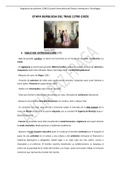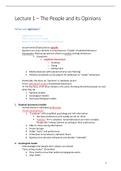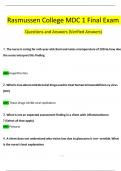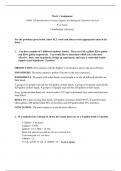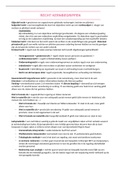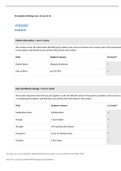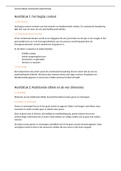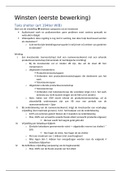Tentamen (uitwerkingen)
ATI Nursing Detailed Answer Key Mental Health Progression Practice 15th June 2023
- Instelling
- Universiteit Utrecht (UU)
A nurse on a long-term care unit is creating a plan of care for a client who has Alzheimer’s disease. Which of the following interventions should the nurse include in the plan?
[Meer zien]





